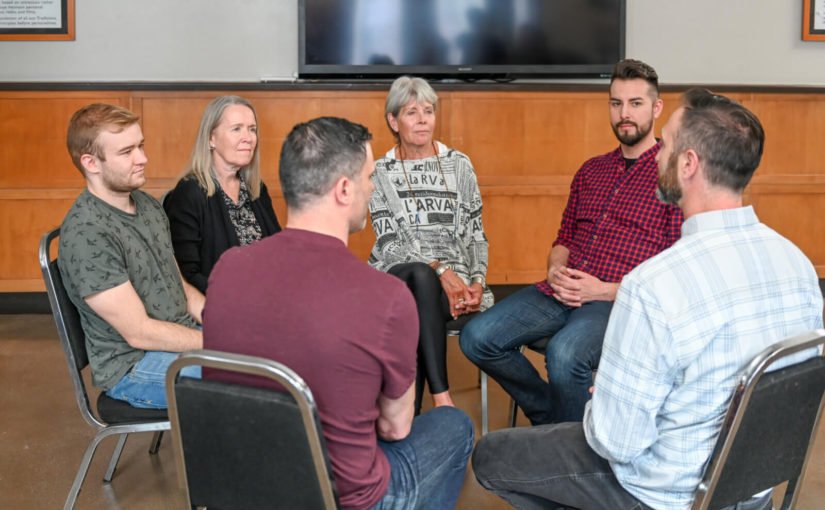Longer-term treatment programs for drug-related and addictive disorders can be profoundly effective and typically center around remaining drug-free and resuming social, expert, and family duties.
Fully licensed residential facilities are available at legacyhealing.com to structure a 24-hour care program, give a safe housing environment, and supply all required medical interventions or assistance.
Various types of facility can give a helpful environment, including:
- Short-term residential treatment: This focuses on detoxification and preparing an individual for a longer period within a helpful community through intensive counseling.
- Therapeutic communities: A person looking for long haul treatment for severe forms of addictive disorder would live in a residence for between 6 and a year with on-site staff and others in recovery. The community and staff fill in as key factors in recovery from and changes in attitudes and behaviors toward drug use.
- Recovery housing: This gives a supervised, short-term stay in housing to help individuals engage with obligations and adapt to another, independent life without on-going drug use. Recovery housing involves advice for handling finances and looking for some kind of employment, just as giving the connection between a person during the last phases of recovery and community support service.
Recovery through Self-help group
Group therapy and long haul rehabilitation can help a person with a durg use disorder feel less disconnected. These may help the recuperating individual meet others with a similar addictive disorder which often boosts motivation and reduces feelings of isolation. They can likewise fill in as a useful source of education, community, and information. Examples include: Alcoholics Anonymous (AA) and Narcotics Anonymous (NA).
In addition, persons who are struggling with other types of addiction can get some answers concerning self improvement gatherings in their community either by an internet search or by asking a doctor or medical caretaker for information.
Recovery through Detoxification

Rehabilitation center gives detoxification and this includes clearing a drug from the body and restricting withdrawal reactions. In most cases, a treatment clinic will use medications to reduce withdrawal symptoms, as indicated by the Substance Abuse and Mental Health Services Administration (SAMHSA). However, if a person is addicted to more than one substance, they will often need medications to reduce withdrawal symptoms for each
Recovery through Medications
A person may take medicine on a continuous basis while recuperating from a drug-related disorder and its related complications. However, individuals most commonly use medications during detoxification to manage withdrawal symptoms. The medicine will vary depending on the drug that the person is addicted to.
Longer-term use of medications helps to reduce cravings and forestall relapse, or a re-visitation of utilizing the substance in the wake of having recovered from dependence. Prescription isn’t a standalone treatment for compulsion and ought to accompany other management techniques, for example, psychotherapy.
Recovery through Counselling

There is a counseling section in every rehab center as well and it intends to help individuals change behaviors and attitudes around using a drug, just as strengthening life skills and supporting different treatments. A few forms of treatment for addictive disorders focuses on the underlying cause of the addictive disorder notwithstanding behaviors characteristic of the addiction.
